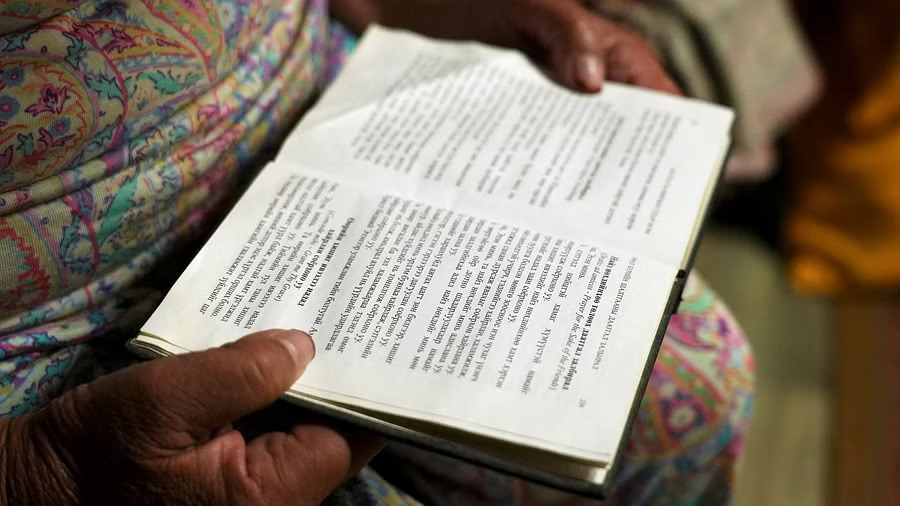In a significant ruling, the Allahabad High Court has clarified that the distribution of religious texts like the Bible does not constitute an act of allurement for religious conversion under Uttar Pradesh’s controversial anti-conversion law. The judgment provides crucial clarity on the interpretation of the law, which has been the subject of debate and legal challenges.
The anti-conversion law in Uttar Pradesh, officially known as the Uttar Pradesh Prohibition of Unlawful Conversion of Religion Ordinance, 2020, has generated controversy and debate since its introduction. Critics argue that the legislation can be misused to target religious minorities and curtail religious freedom.
The recent judgment by the Allahabad High Court addresses a specific aspect of the law related to religious texts. The court ruled that the distribution of religious texts, such as the Bible, without any force, fraud, or allurement, does not violate the provisions of the anti-conversion law.
The ruling has been hailed by civil rights organizations and advocates of religious freedom as a significant step in safeguarding the rights of individuals to practice and propagate their religion without fear of legal repercussions. It clarifies that the mere sharing of religious literature does not constitute a criminal offense.
However, the judgment does not address all aspects of the anti-conversion law, and the legislation as a whole remains a topic of ongoing debate and legal challenges.
The anti-conversion law in Uttar Pradesh and similar legislation in other Indian states have faced criticism for their potential misuse and their impact on religious freedom. Advocates for these laws argue that they are necessary to prevent fraudulent and coercive religious conversions.
As the legal landscape surrounding anti-conversion laws continues to evolve, judgments like the one from the Allahabad High Court contribute to a more nuanced understanding of how these laws may be applied and interpreted in practice. The ruling is seen as a significant development in the ongoing discourse on religious freedom and the legal framework governing religious conversions in India.










